- Home
- About Us
- TSPT Academy
- Online Courses
-
Resources
- Newsletter
- Business Minded Sports Physio Podcast
- Day in the Life of a Sports PT
- Residency Corner
-
Special Tests
>
-
Cervical Spine
>
- Alar Ligament Test
- Bakody's Sign
- Cervical Distraction Test
- Cervical Rotation Lateral Flexion Test
- Craniocervical Flexion Test (CCFT)
- Deep Neck Flexor Endurance Test
- Posterior-Anterior Segmental Mobility
- Segmental Mobility
- Sharp-Purser Test
- Spurling's Maneuver
- Transverse Ligament Test
- ULNT - Median
- ULNT - Radial
- ULNT - Ulnar
- Vertebral Artery Test
- Thoracic Spine >
-
Lumbar Spine/Sacroiliac Joint
>
- Active Sit-Up Test
- Alternate Gillet Test
- Crossed Straight Leg Raise Test
- Extensor Endurance Test
- FABER Test
- Fortin's Sign
- Gaenslen Test
- Gillet Test
- Gower's Sign
- Lumbar Quadrant Test
- POSH Test
- Posteroanterior Mobility
- Prone Knee Bend Test
- Prone Instability Test
- Resisted Abduction Test
- Sacral Clearing Test
- Seated Forward Flexion Test
- SIJ Compression/Distraction Test
- Slump Test
- Sphinx Test
- Spine Rotators & Multifidus Test
- Squish Test
- Standing Forward Flexion Test
- Straight Leg Raise Test
- Supine to Long Sit Test
-
Shoulder
>
- Active Compression Test
- Anterior Apprehension
- Biceps Load Test II
- Drop Arm Sign
- External Rotation Lag Sign
- Hawkins-Kennedy Impingement Sign
- Horizontal Adduction Test
- Internal Rotation Lag Sign
- Jobe Test
- Ludington's Test
- Neer Test
- Painful Arc Sign
- Pronated Load Test
- Resisted Supination External Rotation Test
- Speed's Test
- Posterior Apprehension
- Sulcus Sign
- Thoracic Outlet Tests >
- Yergason's Test
- Elbow >
- Wrist/Hand >
- Hip >
- Knee >
- Foot/Ankle >
-
Cervical Spine
>
- I want Financial Freedom
- I want Professional Growth
- I want Clinical Mastery
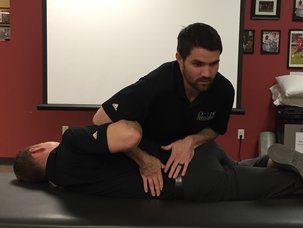 I've written before about the benefits of being thorough with our examination to the point of not missing any contributing factor, but the same principle also applies to our treatments. Having proper technique with each examination method is essential in order to know the true results. A poorly performed Lachman's test can easily make a torn ACL appear intact, while a properly performed test is highly sensitive and specific. If a testing measure is not performed exactly how it should be, there is basically no point in actually using it. In regards to how the principle applies to treatments, we should consider how a small variation makes an enormous difference. For example, when performing resisted clamshells, if the patient is getting the rotational motion from the spine, the gluteus muscles are no longer being targeted. If the proper load isn't applied, the exercise isn't even having a strengthening effect. This goes for other treatments as well: repeated motions, manual therapy, and more. I'm not saying that there is a perfect way to perform specific manual treatment techniques or other exercises, but there are things that can be done to significantly decrease their effectiveness. Our job should be to increase the likelihood of each intervention. It is frustrating for me to hear that a patient failed to have success with physical therapy or a specific intervention and then have the patient say they think it is pointless to pursue it. With how frequently we see inconsistency in exercise prescription, examination and treatment techniques, and overall philosophy of practice, we shouldn't assume that just because a patient didn't respond to a treatment previously, they won't respond in the future. I can't tell you how many times I've had co-workers or students say a patient didn't respond to repeated motions, and then I take a look at the patient and with a couple of adjustments the patient has a positive response. We shouldn't be so quick to say a patient is a non-responder, especially with the inconsistencies out there. I recommend reassessing your asterisk sign after each intervention and avoid negative reinforcement about our interventions with our patients. With the benefits of placebo and pain science research, we often can hurt ourselves and our plan of care by telling our patients they for sure won't respond to a specific intervention. -Dr. Chris Fox, PT, DPT, OCS
2 Comments
AJB
3/6/2017 04:12:49 pm
In the last sentence in paragraph 1, you said
Reply
Leave a Reply. |
Dr. Brian Schwabe's NEW Book in partner with PaleoHacks!
Learn residency-level content on our
Insider Access pages We value quality PT education & CEU's. Click the MedBridge logo below for TSPT savings!Archives
July 2019
Categories
All
|

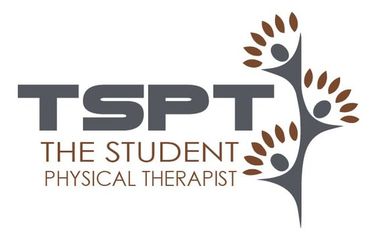
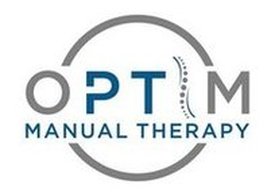
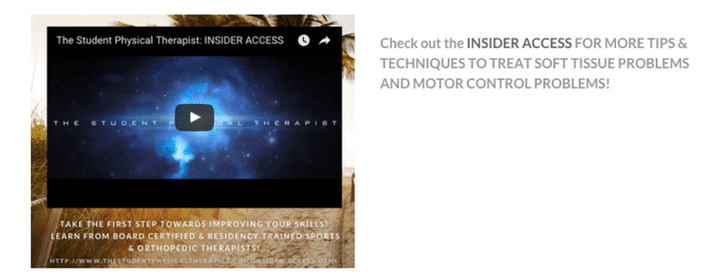
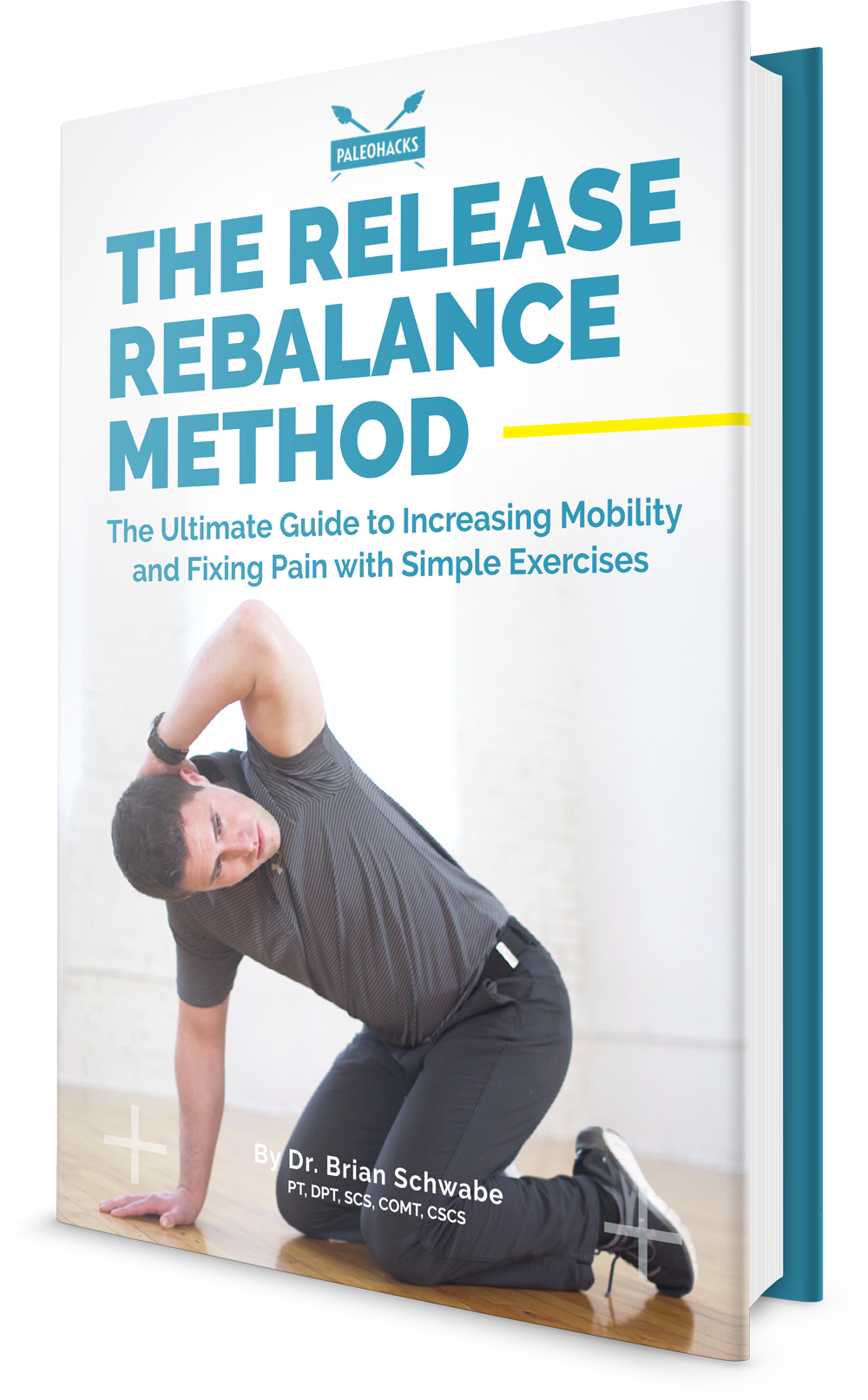



 RSS Feed
RSS Feed